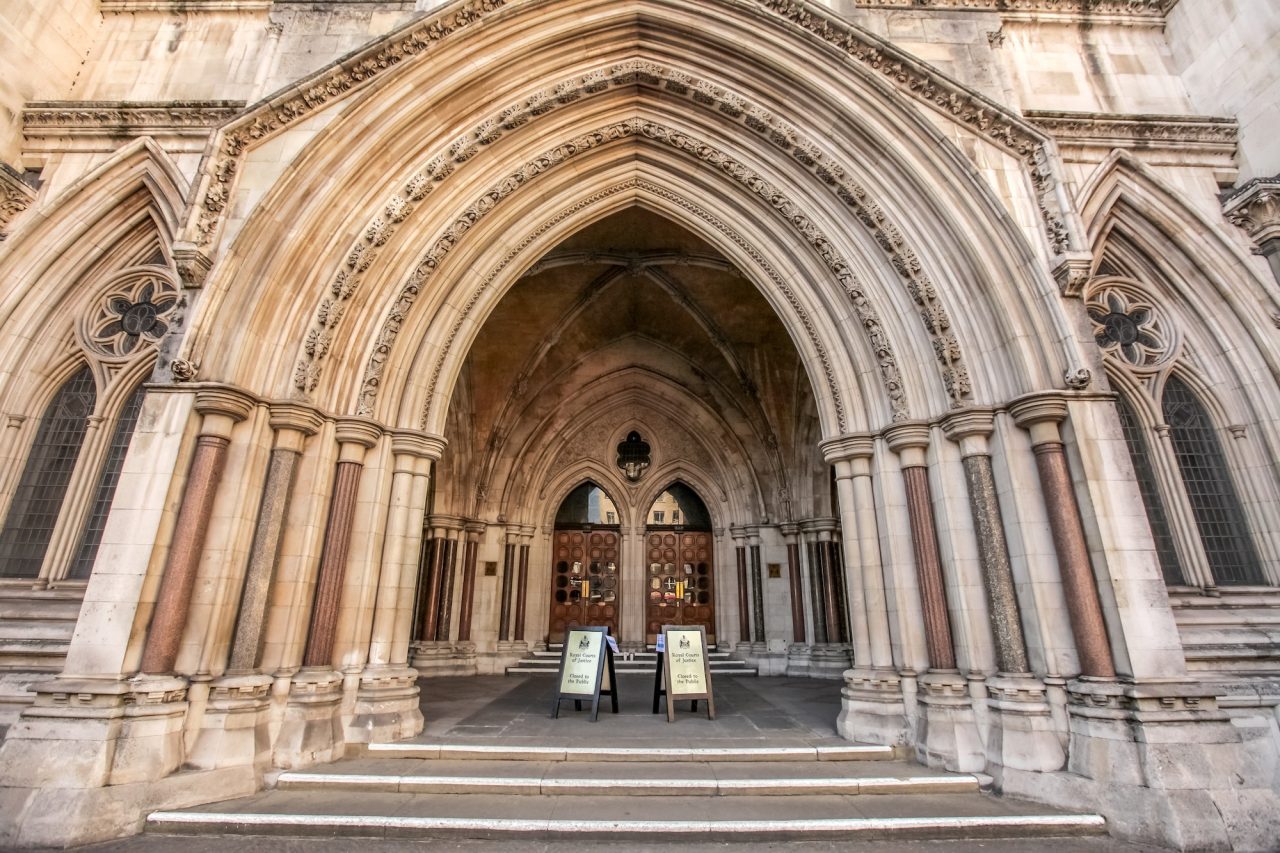In California, the principle of equally dividing a divorcing couple’s community property is a fundamental aspect of divorce proceedings. This equitable division typically occurs through a settlement agreement or a court order after a trial. However, before the community property can be allocated, it’s essential to distinguish what qualifies as community property and what doesn’t.
Under California Family Code Section 760, it is stated that “all property, real or personal, wherever situated, acquired by a married person during the marriage… is community property.” This broad definition encompasses any assets or debts acquired by either spouse during their marriage, which must be divided upon divorce. There are statutory exceptions to this rule for inheritances and gifts received by one spouse during the marriage. In cases where one spouse inherits property or receives gifts intended for their separate ownership, the presumption of community property doesn’t apply, and the inheritance or gift remains the separate property of the receiving spouse.
However, it is possible for spouses to alter the classification of property from community to separate or vice versa through a legal process known as “transmutation.” Transmutations are governed by Family Code Section 852, which establishes specific requirements for a valid and enforceable transmutation of community property. Due to the fiduciary duties spouses owe each other, if a transmutation results in one spouse gaining an advantage at the expense of the other’s economic interests, a presumption of undue influence arises against the advantaged spouse. To overcome this presumption, the advantaged spouse must provide “clear and convincing” evidence that the transmutation was not the result of undue influence. Section 852 mandates that transmutations be supported by a written express declaration that is accepted by the spouse whose prior interest is adversely affected. The declaration must demonstrate that the spouse understands their property rights and willingly relinquishes them.
The presumption of community property holds that if a house is acquired during a marriage, it is deemed community property. This presumption can only be challenged with clear written evidence, such as a statement showing the spouses’ intent to classify the otherwise community property as separate, as required by Section 852. Even with such documentation, an inter-spousal transfer may not result in an effective or enforceable transmutation if it violates the fiduciary duties spouses owe each other.
In certain scenarios, one spouse may enter a marriage already owning a house or other assets, which are then used to purchase a house during the marriage. In such cases, Family Code Section 2640 entitles the contributing spouse to recoup their separate property contribution before the community interest is divided. Alternatively, when a house remains the separate property of one spouse during the marriage, community resources, including both spouses’ income, may contribute to mortgage payments and related expenses. This situation gives rise to a “Moore Marsden interest,” where the community acquires a share of the separate property in proportion to its contribution towards the purchase or loan payment. It is highly advisable to consult a family law attorney who can distinguish between separate and community interests in the family home when this circumstance arises.






